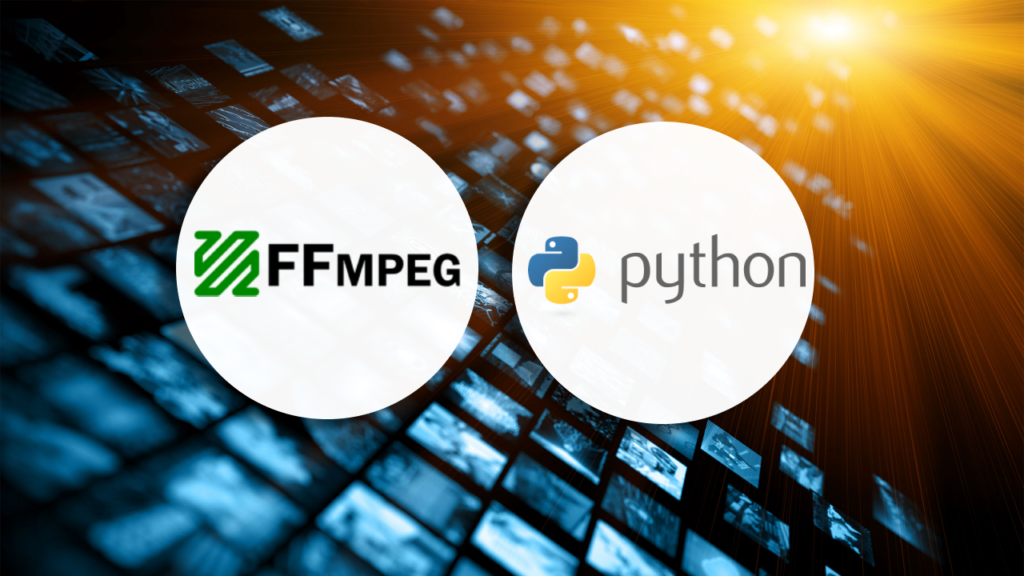
One of the best things you can do to help make ffmpeg-python better is to answer open questions in the issue tracker. That said, we hope to continue improving our documentation and provide a community of support for people using ffmpeg-python to do cool and exciting things. Issues not directly related to ffmpeg-python or issues asking others to write your code for you or how to do the work of solving a complex signal processing problem for you that's not relevant to other users will be closed. If you look everywhere and can't find what you're looking for and have a question that may be relevant to other users, you may open an issue asking how to do it, while providing a thorough explanation of what you're trying to do and what you've tried so far. Take a look at each of the links in the Additional Resources section at the end of this README. You can also run pile() that also includes the ffmpeg executable as the first argument.

You can run stream.get_args() before n() to retrieve the command line arguments that will be passed to ffmpeg.

How can I find out the used command line arguments? This dilemma is intrinsic to ffmpeg, and ffmpeg-python tries to stay out of the way while users may refer to the official ffmpeg documentation as to why certain filters drop audio.Īs usual, take a look at the examples ( Audio/video pipeline in particular). video operators can be used to reference the audio/video portions of a stream so that they can be processed separately and then re-combined later in the pipeline. Some ffmpeg filters drop audio streams, and care must be taken to preserve the audio in the final output. Make sure you ran pip install ffmpeg-python and not pip install ffmpeg (wrong) or pip install python-ffmpeg (also wrong).

When in doubt, refer to the existing filters, examples, and/or the official ffmpeg documentation.


 0 kommentar(er)
0 kommentar(er)
